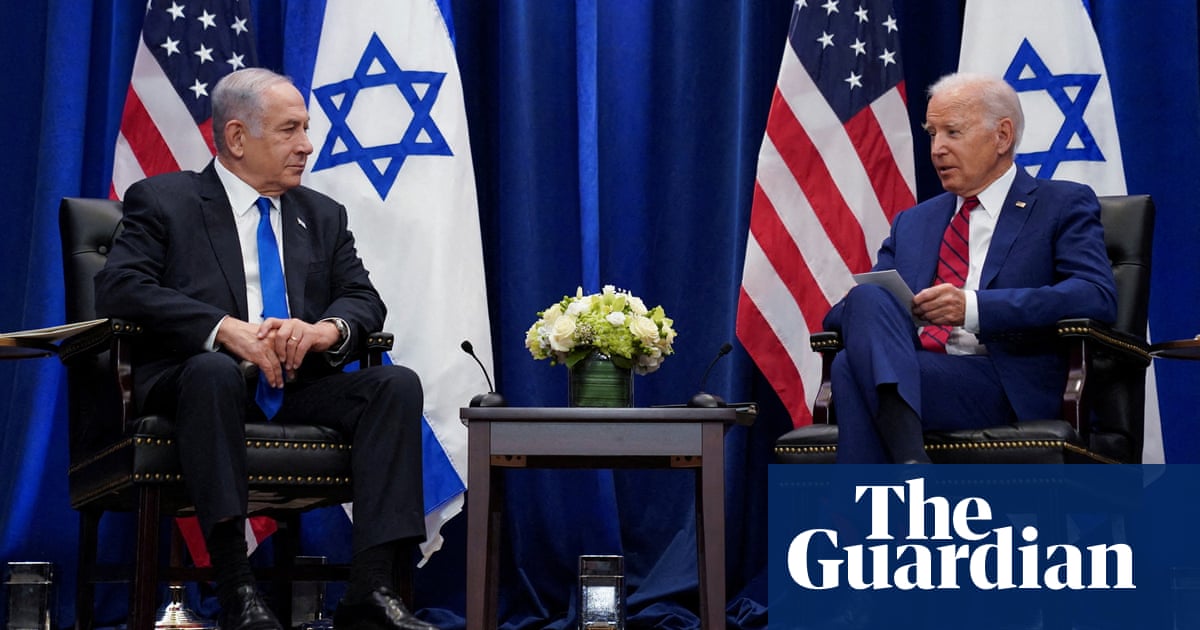
Osama, a Middle Eastern restaurateur in London, says to the camera: “Either we shut down and go home, or we turn into a local relief operation, and volunteer to help others.” The consensus was to keep his restaurants open during the coronavirus disease (COVID-19) national lockdown. “In any case, we have been living this situation in Palestine for a long time… so we have accumulated experiences,” he adds on a BBC documentary. “The war situation is already present in our minds. So we just switched to a state of war and we converted our restaurants into distribution centers.”
Hailing from the West Bank, Osama moved to the UK in 2003. He has three family run restaurants, two of which are in central London. Many of his employees are from the region. Hiba restaurants are small but well known, not only to the Arab contingent in the capital city but also to many professionals in the area. The people he is now helping are health workers in nearby London hospitals, many of whom were his customers before the pandemic.
In this second column on resilience and the unfolding COVID-19 crisis, I want to look at resilience as a culturally relevant notion, always with an eye on the Middle East. Osama, in the quotes above, was demonstrating essential features of resilience: The quality or set of skills thanks to which people overcome major adversity in life and emerge from crises even stronger than they were before.
Experts who study resilience talk about a number of components or features of this psychological strength. Their ongoing research continues to try and understand how these features can affect an individual’s mental health, especially in terms of susceptibility to illness and in surviving major difficulties. Most, if not all, of these components are in fact learnable skills, also according to experts, most of whom are based in Europe, North America and in countries with major research centers.
There are similarities between the skills resilience experts talk about and shared cultural notions in the Arab world
Tala Jarjour
What has been interesting for me to observe during the pandemic are the similarities between the skills resilience experts talk about and shared cultural notions in the Arab world and the wider Middle East.
Essential in a person’s ability to resist mental illness is that they find meaning in their life, that they have a life purpose and are aware of it, and that their actions or activities are consistent with their life purpose.
Meaning in life can manifest in a number of ways; chief among them is having, or finding, a spiritual or existential belief system. People whose worldview incorporates existential value, or a sort of spiritual leaning, can find strength in it. In the Arab world and the Middle East, this spirituality is essentially religious faith, at least to many people. Religion is a common matter in the Middle East. It offers a spiritual basis for accepting adversity as part of life, which is especially the case in Islam. Religion can also offer a spiritual setting in which individuals may find reprieve and acceptance. In many cases, individuals also find communal backing and even social support.
Interestingly, having a life purpose is also about living a life that is meaningful to other people. Research has shown that people whose activities are directed toward the wellness of others, or who simply have other people in mind in how they live their lives, are more likely to be resilient in the face of adversity. What is more, resilient individuals who bounce back from stressful situations also grow in how they relate to other people.
In Osama’s restaurant, we meet the Hajjeh, a woman past middle age whose face tells a thousand stories through deep lines. In a dark flowery dress, a simple headscarf and an apron, the Hajjeh is stationed in a corner of the restaurant’s narrow kitchen, turning between busy countertops and a stove with the seamless agility of expertise. “This corner is the Hajjeh’s responsibility,” says Osama. “The corner is small but it has major impact,” he adds, cheerfully but earnestly.
The Hajjeh is preparing the meals Osama will distribute to hospital workers who cannot go out because of the long time it takes to change out of and back into their personal protective equipment. He is eagerly awaited by many, who often find nothing to eat or to buy at the end of excruciatingly long shifts. Some do not understand why he does this, or indeed who this man is, as we hear him saying to the Hajjeh in a lighthearted moment on her break. But most are gratefully appreciative.
“The situation is extraordinary, and there are people who need food. So we must feed them,” the Hajjeh says matter-of-factly. She too compares the strict London lockdown to war, which she lived through in Palestine and in refugee camps. “It is the same as war,” she says. “The only difference is that, in political war, you see your enemy, but this time the enemy is invisible.” Lockdown is just like the blockades she experienced in refugee camps, she says, especially in terms of shortages and food rationing. “You do what you can,” the Hajjeh continues, as young restaurant employees prepare single-portion servings of rice before placing one piece of chicken on top of each. “The important thing is not to sleep hungry.”
• Tala Jarjour is author of “Sense and Sadness: Syriac Chant in Aleppo.” She is visiting research fellow at King’s College London and associate fellow at the Yale College.
Disclaimer: Views expressed by writers in this section are their own and do not necessarily reflect Arab News" point-of-view












